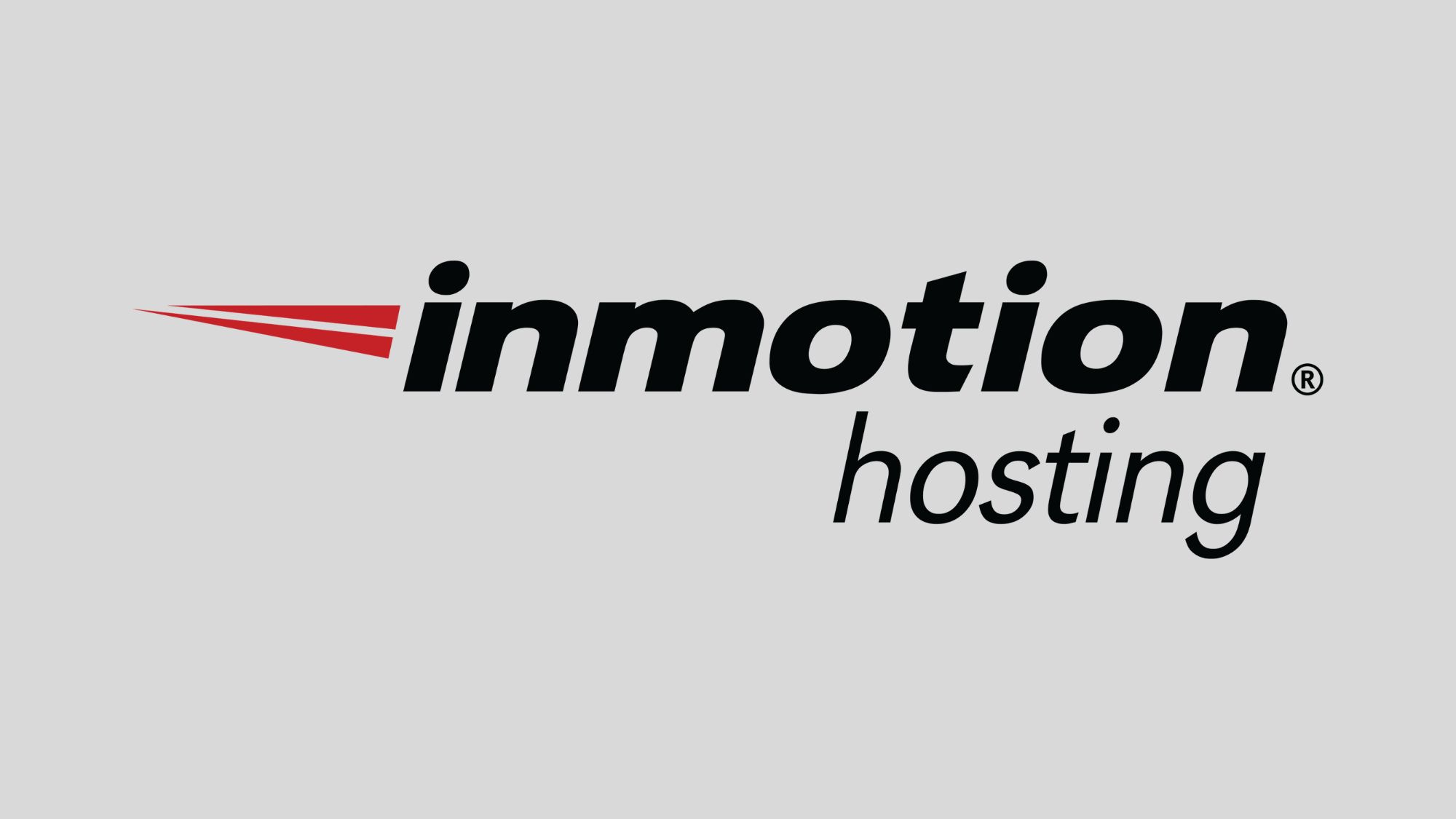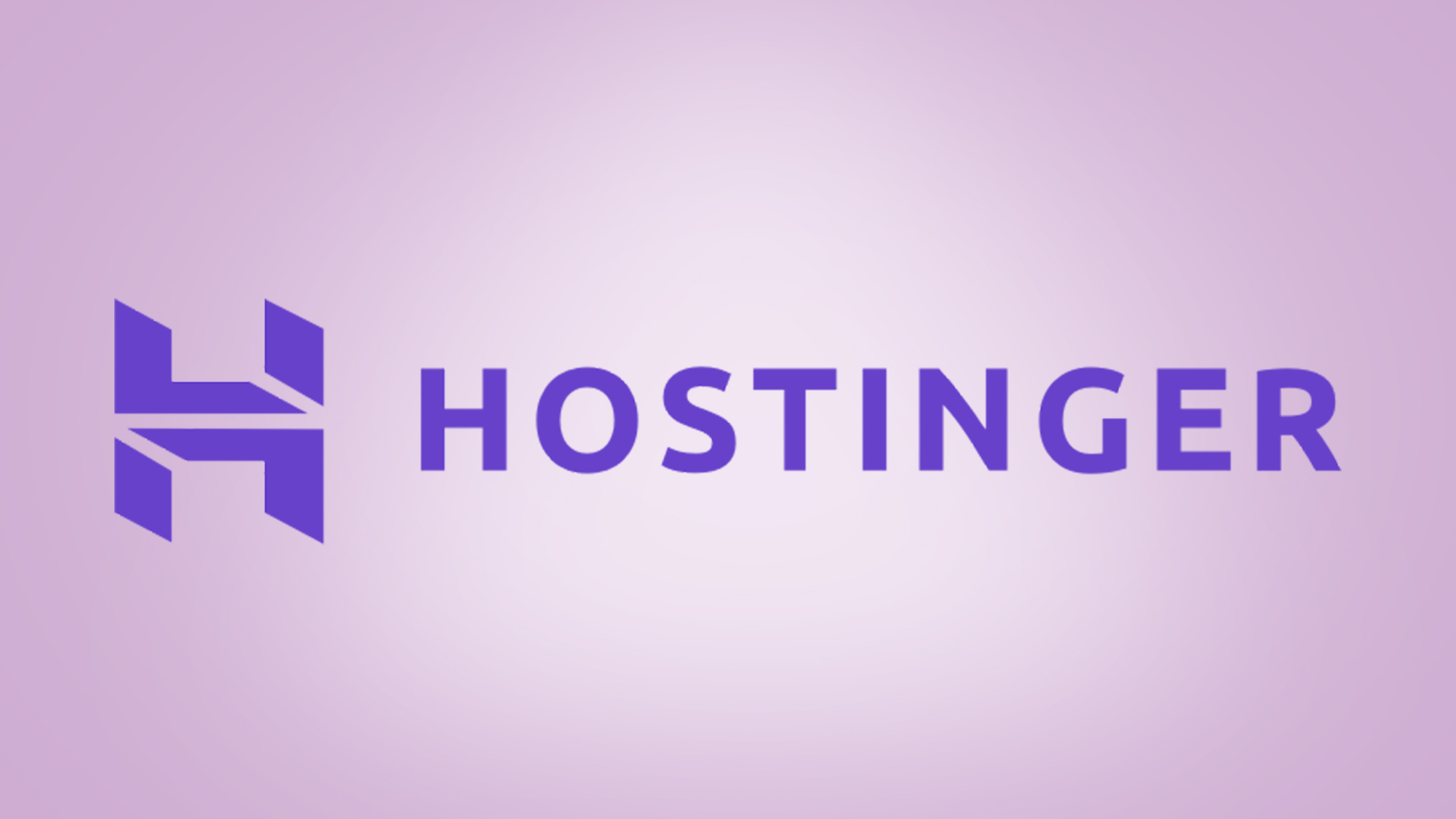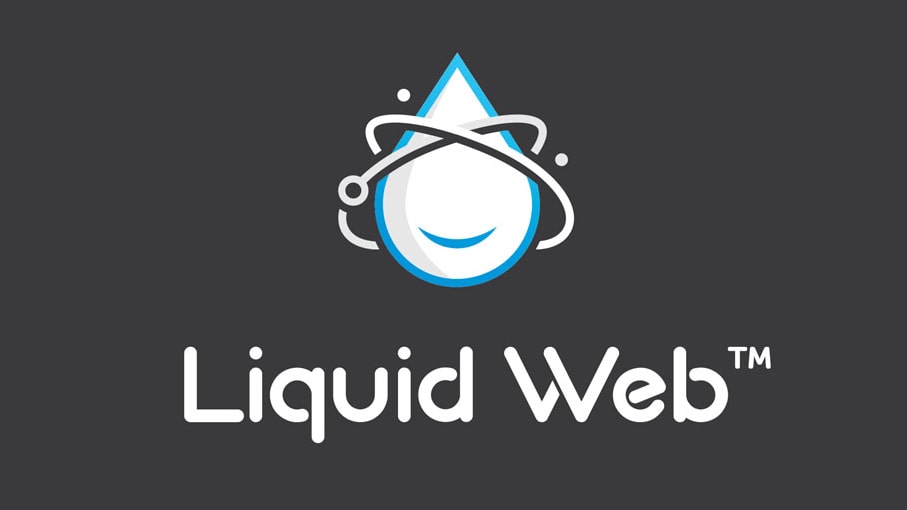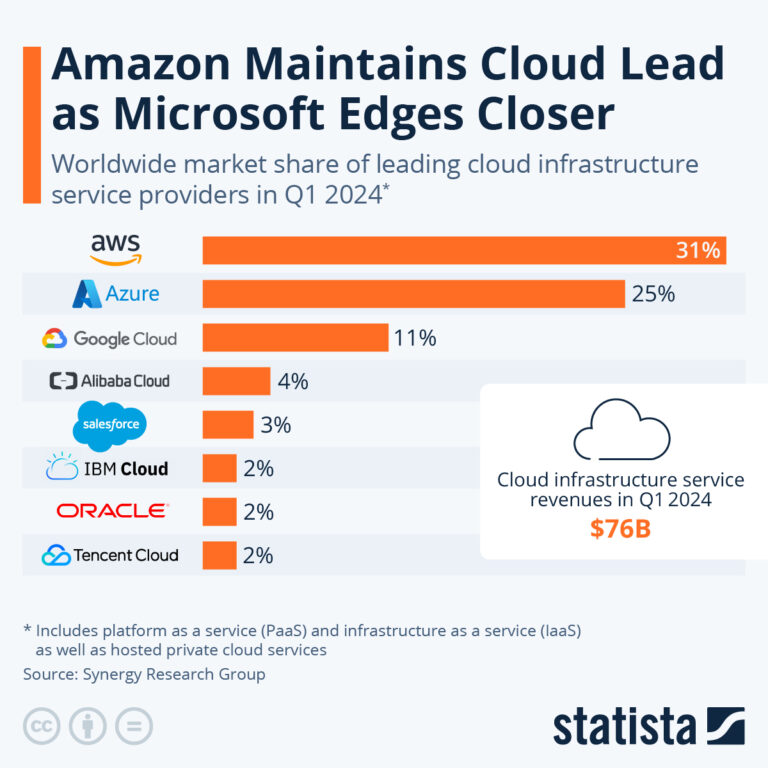
The best VPS hosting provides you with versatile machines for a range of use cases. You’re most likely looking for a VPS server for web hosting but the VPS plans on this guide are suitable for applications, development environments, file storage and backups, VPNs or proxy servers, email, and data processing and analysis.
VPS servers give you the most flexibility, security, and reliability for their value for money compared with the best dedicated hosting plans but if you need more security and reliability dedicated is worth looking into. You may also want to check out best shared hosting before you make the commitment to a VPS if you don’t quite need the extra benefits VPS plans give you.
The best VPS hosting providers of 2024 in full
Why you can trust TechRadar
We spend hours testing every product or service we review, so you can be sure you’re buying the best. Find out more about how we test.
Best VPS overall

Buy if:
✔️Downtime is a deal breaker: Redundancy and DDoS protection as standard
✔️ You want power: Plans with 32 cores and 32 GB RAM
Don’t buy if:
❌ You want a top of the range control panel included: InMotion Hosting’s control panel is only $5/mo but lacks some features
Bottom line: ⭐⭐⭐⭐
InMotion Hosting are great for reliability and provide most of what the other hosts offer too
While most VPS providers tend to offer only a limited selection of plans, leaving little room for upgrades if your website requires more resources, InMotion Hosting stands out by offering a more flexible approach.
Its range of plans starts with an impressive package featuring 4 vCPU cores, 4GB of RAM, 90GB of storage, and a substantial 2TB of bandwidth. This plan is a very reasonable $14.99 per month for a three-year term. InMotion Hosting also offer six additional plans to cater to various needs. At the top end of the spectrum, there’s a plan with unlimited bandwidth, a staggering 32 cores, 32GB of RAM, and a generous 540GB NVMe SSD storage, all priced at $74.99 per month.
Starting with 8GB and higher plans, all VPS servers are using Gen 4 NVMe SSDs which can be 6x faster than SATA SSDs and up to 20x faster than traditional spinning drives.
One distinctive feature from InMotion Hosting is the Launch Assist. This service provides you with up to two hours of free assistance from InMotion’s server administrators. Whether you need help with adjusting domain settings, configuring cPanel, migrating WordPress, or managing database files, their experts are there to support you in getting the job done.
For security, InMotion Hosting have DDoS protection included and the VPS servers are built with redundancy in place so that if one server fails, your traffic will automatically be routed to an identical clone. Great for reliability.
cPanel is an extra $20/mo and the CWP panel for $5/mo doesn’t seem like a well matched alternative. The unmanaged VPS plans are good value for money beating Digital Ocean but managed VPS plans aren’t the cheapest and prices add up when you factor in renewal costs and panel licenses. Although maybe a bit pricey InMotion Hosting support has great reviews. So, for reliability and a helping hand when you need one InMotion Hosting are a good option.
On the downside, there are some potential pricing issues. These prices are for unmanaged VPS, and if you need cPanel to help you, that’s an extra $15.50 a month. InMotion has cheaper options, though, including Control Web Panel for only $5 a month, and it’s good value overall.
Read our InMotion Hosting review
Best unmanaged VPS

Buy if:
✔️ You’ve outgrown shared hosting: Need more oomph? VPS plans are much better resourced
✔️ You’re not a hosting novice: Hostinger don’t offer managed plans so if there are server issues, you’ll have to figure it out
Don’t buy if:
❌ You don’t want to deal with potential issues yourself: Things can go wrong and when they do it’s often at an inconvenient time
❌ You need scalability: You can upgrade your plans but if you need fine-grained control you might want a cloud host
Bottom line: ⭐⭐⭐⭐½
In our expert opinion Hostinger offer the best value unmanaged VPS packages out there right now
Hostinger made the best VPS hosting list for several reasons. The main reason being that overall, it’s great value for money. The features in its wide range of plans include NVMe SSD storage and AMD EPYC processors for fast and responsive website performance, as well as full root access to give you complete control over your server environment.
You’ll have four VPS plans to choose from: KVM 1, KVM 2, KVM 4 and KVM 8. The cheapest plan offers 1 vCPU core, 4 GB RAM, 50 GB NVMe disk space, and 1 TB bandwidth for $5.99 per month, while the most expensive plan offers 8 vCPU cores, 32 GB RAM, 400 GB NVMe disk space, and 8 TB bandwidth for $21.99 per month. Even the monthly prices are good value so the yearly discounts look genuine and not price gouging.
Hostinger are really generous with RAM which is arguably more important for handling traffic as programming languages are consistently improving CPU performance but software rarely optimises memory use. You get the latest gen CPUs so 2 vCPUs from Hostinger will likely out perform 2 CPUs from other providers.
The KVM 2 plan is very good value for money and WordPress performs really well at this resource level. It should be able to handle lots of traffic for normal sites that don’t have major processing requirements. Although bandwidth is not unlimited, in some cases just having a generous amount can be better as it can’t be abused by others.
There is also a wide span of coverage with data centres in many different continents which is great for picking a location close to your customers: Asia (India), Europe (France, Lithuania), North America (the USA), and South America (Brazil).
We found it easy to upgrade our plan, which is a good feature to utilize when your website or application grows. Hostinger also offers multiple operating system options: Ubuntu, CentOS, Debian, AlmaLinux, Rocky Linux, and Fedora. You’re able to choose the one that best suits your site needs.
Additionally, each Hostinger VPS hosting plan has a dedicated IPv4 and IPv6 IP address, as well as VPS templates with the most popular VPS control panels like cPanel, Plesk, Direct Admin, Webuzo, CyberPanel, Webmin, and VestaCP. It includes features like server monitoring and management and resource usage statistics.
We particularly found Hostinger’s enhanced security and backup features to be more advanced compared to its competitors. It offers proactive security measures to protect your VPS hosting environment, regular server hardware monitoring, advanced firewall protection, Wanguard DDoS filtering and one free snapshot (an instant image of the server data disaster recovery) and free weekly backups to safeguard your data.
During our test, we found Hostinger’s VPS templates straightforward to use and it comes with the most popular frameworks and CMS pre-installed to make your life easier. You can select from Node.js, Django, Rails, WordPress, Joomla, and Drupal applications and bring them online in a few minutes.
The only draw back is that Hostinger only offer unmanaged plans. Most VPS servers will run without any issues but things can go wrong and if they do, you’ll have to figure it out by yourself. These plans are best for people that have out grown their shared hosting but are not tech novices.
Read our Hostinger review
Best managed VPS

Buy if:
✔️You want help managing your server: We think ScalaHosting’s support and management is some of the best in the business
✔️ You need scalability: Cloud hosting provides ultra-configurability for fluctuating workloads
Don’t buy if:
❌ You’re on a budget: The plans are good value for money but might not be within everyone’s budget
❌ No website builder: Scalahosting are one of the few hosts which don’t provide a website builder but there are many options available
Bottom line: ⭐⭐⭐⭐½
For managed hosting we don’t think you can get better value for money for the support and range of features
ScalaHosting provides VPS users with a budget-friendly but outstanding control panel option through its sPanel, offering a comprehensive alternative to cPanel.
You get really good value for money across a range of balanced packages and you can completely customize CPU, memory, and storage if you have particular requirements. Plus, as ScalaHosting is cloud, you can easily scale resources for peaks and troughs. Off-site backups give extra security against data loss and are more regular than other providers.
Their managed VPS plans start at $29.95 per month but only if you commit for three years – otherwise, it could cost you from $39.95 to $49.95 per month. This plan includes 2 CPU cores, 4GB of RAM, 50GB of SSD storage, and unlimited bandwidth. Moreover, Scala Hosting offers the flexibility of selecting data centers in the US, Europe, and Asia based on your preferences.
Even in their entry-level plan, Scala Hosting offers various value-added features. These include free website migration, 24/7 real-time monitoring, automatic backups, a user-friendly Softaculous one-click installer, and free SSL certificates for enhanced security. With Scala Hosting, you not only get affordability but also a range of essential features to support your VPS hosting needs.
Scala Hosting’s platform offers the excellent hosting services and simplifies the management of your cloud servers. It also includes a unique ‘build your own cloud-managed VPS’ feature that allows you to customize the features you need, tailoring the pricing accordingly.
For users who are conscious about the speed of their website, sPanel includes a few extra services and features (memcached, lightspeed caching, and CDN) it also provides security features like basic DDoS protection. sPanel has a built in WordPress launcher which can further help those that want a managed server for WordPress but are less technical users. sPanel is also free which can be a significant cost saving.
The provider’s sPanel VPS control panel is specifically designed for web design agencies, web developers, ecommerce sites, and domain resellers using a managed VPS.
If you’re seeking significantly faster load times, robust cybersecurity, and a high level of customization compared to traditional hosting, Scala Hosting might be the perfect choice for you.
ScalaHosting also provide managed support for AWS servers too which is great if you rely on an AWS service but don’t want the headache of managing it yourself. All-in-all ScalaHosting’s offer a comprehensive management solution for VPS servers and also have a wide global coverage which make them our top pick for managed VPS.
Read our ScalaHosting review
Most configurable

Buy if:
✔️You have unique requirements: You can customize just about everything
✔️You want to hand off hosting to your clients: A top recommendation if you don’t want to manage your client’s hosting
Don’t buy if:
❌ Cost is a priority: not the cheapest plans
Bottom line: ⭐⭐⭐⭐
For tailored VPS packages Liquid Web really stand out. Especially if you are looking to find hosting for clients.
Liquid Web stands out as a high-end web hosting provider with an impressive track record of over 25 years. Serving a vast clientele of over 180,000 customers across the globe, they currently manage more than 500,000 websites. Unlike many providers, Liquid Web prioritizes delivering top-tier performance over budget pricing.
However, this doesn’t necessarily make Liquid Web expensive. Even its cheapest VPS plan comes with a fast 10Gbps network, 50GB of Acronis Cyber backups, supports unlimited websites, and includes a 100% network uptime and power guarantee. However, it’s still very affordable at $15 a month on the two-year plan, billed upfront.
The VPS plans are highly configurable letting you choose compute, support, admin panel, and storage requirements. There is a good choice of admin panels (cPanel, Plesk, and Interworx). The pricing ranges from $10 to $25/mo for the premium panels but for less cost and features Interworx is a good alternative.
There are three levels of management: unmanaged, core, and full managed. The core is a great option for those who are happy managing a website themselves but don’t want to deal with more technical server issues. Core is an extra $20 a month so it can be a worth while investment.
If your VPS has issues, there’s speedy 24/7/365 support from knowledgeable professionals who, in our experience, go the extra mile to solve your problems quickly.
Liquid Web may not have the most appealing headline prices, but it’s still cheaper than many others considering the features you get, and the excellent support will help keep your site running smoothly down the line.
Liquid Web is highly recommended for developers who want to suggest hosting for their clients but don’t want to manage the hosting for them.
Read our Liquid Web review
Most Green VPS

Buy if:
✔️You want to do a bit extra for the planet: Web hosting consumes 1% of global energy use
✔️An extra pair of eyes on your site: real-time 24/7 monitoring
Don’t buy if:
❌ You need RAM: Plans are a bit more weighted to CPU compared to RAM
Bottom line: ⭐⭐⭐⭐
Green Geeks really stand out as a green hosting provider
GreenGeeks is head and shoulders ahead of the rest of the competition when it comes to being environment-friendly. So, if you want to make a difference in the world and contribute to reducing carbon emissions and internet pollution, this is the VPS hosting provider to opt for.
Since 2009, GreenGeeks has been a ‘Green Power Partner’ recognized by the United States Environmental Protection Agency. It has partnered with Poland’s Bonneville Environmental Foundation (BEF) to put 3 times the energy that it consumes back into the grid. Plus, for every hosting account GreenGeeks provisions, it plants one tree.
In addition to being the best green cloud hosting service, its VPS hosting offerings are nothing to sniff at, either. There are three no-nonsense plans to choose from, with hardware ranging from 2-8GB RAM, 4-6 vCPU, and 50-150GB SSD storage. GreenGeeks use RAID-10 drives which are more resilient to data loss and less likely to have a bad driver take down the server. Good if your data is very important and only stored on the server then this will be a good safety net.
The plans are well balanced but weighted more towards CPU than RAM and not optimised to handle high traffic workloads without needing to get a higher spec plan which will render some resources under used. The lower end plans have a generous amount of bandwidth but that doesn’t scale to the higher end. 10 TB bandwidth for a site that requires 6 vCPUs and 8 GB RAM seems a bit lacking.
You also get a lot of free extras, including an SSL certificate, website transfer, and a Softaculous license. What’s more, GreenGeeks’s tech support is world-class as well, thanks to 24/7 proactive monitoring and instant response time—any issue you or your system runs into is immediately resolved.
99.9% service uptime isn’t class-leading but should keep most customers happy. Security, though, is fantastic, with DDoS protection, custom security rules, and as mentioned above, real-time 24/7 monitoring.
Prices range from $39.95/month for the most basic plan to $109.95/month for the high-powered managed VPS hosting plan. Sure, it’s not as cheap as, say, InMotion hosting or Liquid Web, but with a unique purpose-driven approach and comprehensive hosting services, it’s worth a serious look. The best part is that you can try it out risk-free, thanks to a 30-day money-back guarantee.
Best VPS alternative

If you’ve outgrown your shared hosting but you don’t need the advanced features a VPS brings or want the added costs, DreamHost offer a viable alternative.
The plans are marketed as VPS but you’re not really getting a VPS server. What you get is a Linux container which provides kernel level isolation which can be more reliable than shared hosting but doesn’t have the same security benefits of a VPS as OS vulnerabilities can lead to isolation breakouts.
Root access is not provided which can negate the point of VPS for some and strangely, there is no mention of CPU resources. You’re only guaranteed allocation of RAM. The CPU scheduler is based on time rather than percentage of utilization which may give users different value for money. These are not necessarily issues for some as DreamHost’s VPS options are still more powerful and stable than shared plans and they are lower in cost than fully-fledged VPS options.
The unmanaged value is OK but Hostinger’s unmanaged plans are better bang-for-buck considering you’re getting an actual VPS server with all the added benefits. The managed option from DreamHost is good value but seems to be more closer to core managed than fully managed because anything to do with managing your site is a paid extra under their pro-services.
It would be nice if DreamHost were more upfront about the use of a Linux container and not being a true VPS. If you want root access they do point you towards their cloud hosting options right away but selling a container as a VPS is a little misleading if you’re not so tech-savvy.
Still, the value is good and DreamHost’s VPS plans fill a void for people who are on the boundary between needing a VPS server and shared hosting.
Read our full DreamHost review
Other mentions
These hosts narrowly missed out on a best for category but they still provide excellent VPS plans. If none of the above providers had what you’re looking for, you might find it with one of these web hosting companies.
Hostwinds

Hostwinds takes an adaptable approach, aiming to cater to a wide range of users in the VPS hosting space. Whether you’re a novice dipping your toes into VPS waters or a well-versed veteran in need of powerful resources, Hostwinds has something to offer.
For newcomers, Hostwinds offers an entry point with their Managed Linux VPS at a reasonable one-time fee of $8.24, making it perfect for learning the basics of VPS hosting. Although it comes with modest specs of 1 core and 1GB RAM, it’s fit for simple websites or even educational purposes.
If you’re an experienced VPS user, Hostwinds provides a variety of unmanaged Linux VPS plans that deliver significantly more power at still affordable prices. Take, for instance, their 4-core, 8GB RAM, and 150GB storage setup, which can handle multiple websites effectively and comes in at just $38.99 per month.
Flexibility is a key feature of Hostwinds’ offerings. They allow you to select your preferred Linux OS from options like CentOS, Ubuntu, Fedora, or Debian. Moreover, for a small premium of $5 per month, you can opt for a Windows server if you’re more comfortable with Windows.
Maybe the best part of all is that Hostwinds’ pricing is refreshingly simple – whether you’re billed monthly or opt for a three-year plan, the per-month prices remain consistent. Plus, Hostwinds offers cloud backups for a mere $1 per month, along with the cost of storage. In comparison, other providers might lead you on a quest to determine the potential expense and its overall value. With Hostwinds, you can opt for a one-month trial and witness the results first-hand – a much more straightforward and hassle-free approach.
Read our Hostwinds review
Best VPS hosting provider for performance

HostGator‘s VPS hosting lineup comprises three plans, starting with the Snappy 2000, which comes with 2GB RAM, 2 CPU cores, and a substantial 120GB of disk space. Plus, you get unmetered bandwidth. These allocations should amply accommodate the needs of most websites, ensuring rock-solid performance.
What sets HostGator apart is the supply of two dedicated IP addresses. These IPs grant seasoned users expanded server access, smoothing the operation of additional servers within the VPS environment. This opens the door to hosting private FTP servers, a powerful tool for secure file sharing.
Should you require more resources, upgrading is a seamless process primarily focused on boosting your resource allowance. The pinnacle plan, Snappy 8000, elevates the stakes with 8GB of RAM, 4 CPU cores, and 240GB of storage.
Pricing depends on whether you pay monthly or commit to one of their annual plans. For example, the Snappy 2000 VPS hosting plan costs $29.95 if you only want to pay from month to month, but if you commit to an annual contract, it comes down to $23.95 a month. Also, why’ll you have a choice of industry-standard cPanel, it’ll cost you extra cash.
Additional advantages include a 45-day money-back guarantee, not to mention free transfers for new accounts within the first month after you’ve signed up. There’s a lot to like here considering the minimal impact on your wallet if you’re happy to commit.
Read our HostGator review
Good for beginners

Bluehost, a longstanding player in the hosting industry, continues its tradition of offering robust and reliable hosting solutions, and its VPS packages are no exception. Within their VPS lineup, you’ll find three distinct plans – Standard, Enhanced, and Ultimate – tailored to meet different needs and budgets.
Starting at an introductory price of $29.99 per month for the first term (with a renewal rate of $39.99 per month), the entry-level Standard plan provides 2 CPU cores, 120GB SSD storage, 2GB RAM, and unmetered bandwidth. Plus, they sweeten the deal by including cPanel, a user-friendly control panel.
For those with more demanding requirements, the top-tier Ultimate plan steps up the game. Priced at $69.99 per month for the first term (renewing at $119.99 per month), it comes with 4 CPU cores, 120GB SSD storage, and a substantial 8GB of RAM.
Although Bluehost’s pricing aligns well with the features provided, it’s worth noting that SSL certificates are not included in the plans and come at an additional cost. Also, keep in mind that if you wish to cover multiple domains with SSL, there’s a nominal extra charge of $3.33 for a single SSL per month. You can access support round the clock, ensuring you can reach out whenever you face any challenges.
In summary, Bluehost is a superb choice for both beginners and experienced users, making them definitely worth a try.
Read our Bluehost review
How to choose the best VPS hosting providers for you
Before selecting the best VPS hosting provider, you should thoughtfully consider several key factors.
Since reliability is paramount in the online world, look for a hosting provider that offers a solid uptime guarantee. Downtime can negatively impact your website’s accessibility and harm your business in the long run. So, opt for a provider that promises at least 99.9% uptime to ensure your site is consistently available to its visitors.
Your website’s loading speed significantly affects user experience and even SEO rankings, which is why you’ll want to ensure enough bandwidth and lightning-fast loading speed. If your website attracts a large number of visitors, prioritize providers with higher bandwidth options to prevent slow loading times.
Next, look at storage scalability. As your business grows, so will your storage requirements. Choose a hosting provider that offers scalable storage options, allowing you to seamlessly expand your resources as your website evolves. This can spare you from constant migrations and downtime.
Look at the pricing plans of different providers to find the one that aligns with your budget and requirements. Compare the features offered in each plan, such as CPU cores, RAM, and storage, to make sure you’re getting the best value for your money.
A capable customer support team is essential for addressing any technical issues or concerns that may arise. Find a provider that offers 24/7 customer support through various channels like live chat, email, and phone. It’s also smart to test their responsiveness before committing to ensure you’ll receive timely assistance when needed.
In the end, check any extra features the provider offers. This could be a user-friendly control panel, website migration assistance, automated backups, and security measures.
How we test the best VPS hosting providers
Our team of reviewers have tested a wide range of hosting solutions, including the best WordPress hosting and the best managed web hosting services.
We’ve evaluated the best VPS hosting providers across various points. We first looked at their bandwidth, uptime guarantee, configuration options, and pricing plans.
We assessed their hardware, like how much RAM, disk space, and CPU they offered, and analyzed their overall performance, speed, and reliability. Based on this (and a few other aspects), we determined what types of users would be best suited for the different VPS hosting providers.
We looked at whether they had a money-back guarantee and how long the window for a refund was. We also considered the quality of support they offered, how promptly they responded to queries, and whether support was available 24/7.
Best VPS hosting: FAQs
What is VPS hosting?
With VPS hosting, a physical server is divided into several virtual compartments, each acting as a separate server. This gives you more control and resources than standard shared hosting, promising a more powerful performance. It also means you can customize your virtual server’s operating system, software, and settings to match your needs.
VPS hosting is a great middle-ground option between shared hosting (where you share resources with others) and dedicated hosting (where you have a complete server to yourself).
It’s superb for websites that have outgrown shared hosting but don’t require the resources of a dedicated server. It offers better performance, security, and control than shared hosting, making it a solid choice for businesses, e-commerce sites, and even booming blogs.
Is VPS hosting better?
As VPS Hosting is a hosting solution for websites and applications, server resources are isolated for individual users.
As a result, VPS users experience more consistent performance, which translates to more responsive and faster websites, which is ultimately a win-win for those who choose VPS hosting.
Ultimately, VPS hosting has become a popular choice because it is generally lower in cost than dedicated hosting but provides better security and performance in comparison to basic shared hosting.
If you are an SaaS provider, game maker, programmer, or own a company that has outgrown its shared hosting but needs a secure and affordable backup environment, VPS hosting may just be the best option for you.
Shared hosting vs VPS hosting: Which one is the right one for you?
With shared hosting multiple websites share a single server and all its resources. It’s a budget-friendly choice and surprisingly simple to set up, which makes it ideal for beginners or smaller websites. However, shared hosting has its limitations. Since resources are divided among many sites, your website’s performance can slow down during peak traffic times. Also, customization options are also limited, and you have less control over server settings.
On the other hand, with VPS hosting you’re still sharing a physical server with others but your hosting environment is isolated, providing dedicated resources and more powerful performance. This makes VPS hosting a better fit for websites with moderate to high traffic. Additionally, VPS hosting gives you more control over your environment – you can install custom software, configure server settings, and even get full root access.
Before choosing the right hosting for you, consider your website’s needs and your budget. If you’re new to hosting and have a small budget, shared hosting is a great starting point. It’s also a solid choice if you expect your website to grow gradually. Meanwhile, if your website has high traffic, requires faster loading times, and demands more customization, VPS hosting is the way to go.
What is cloud VPS hosting?
Cloud VPS hosting is an advanced hosting solution that merges the best of both virtual private servers (VPS) and cloud computing technologies. This approach offers superior performance, scalability, and cost-efficiency, making it a solid choice for businesses of all sizes and across all industries.
If you find dedicated hosting too expensive but shared hosting can’t meet your needs, cloud VPS strikes the perfect balance. It provides dedicated resources for optimal performance without the high costs associated with dedicated servers.
Cloud VPS hosting is created to cater to rapidly growing businesses. So, if you anticipate an influx of traffic or a surge in demand for resources, cloud VPS can seamlessly scale up or down to adjust to these sudden changes.
Unlike standard shared hosting, where resources are shared among multiple users, cloud VPS provides dedicated resources. This translates to faster response times and more reliable performance for your website.
Is cloud hosting the same as VPS hosting?
In most cases, the answer is no. VPS is a specific type of hosting service where a physical server is divided into multiple virtual instances, each with its dedicated resources like CPU, RAM, and storage. This provides a higher level of privacy and control similar to having your own physical server.
On the other hand, cloud hosting is a broader concept that involves distributing computing resources across a network of interconnected virtual servers. This approach allows for better scalability and flexibility as resources can be easily scaled up/down based on demand.
However, while cloud hosting and VPS hosting are different, they can be interconnected. Some web hosting providers offer VPS hosting on cloud infrastructure, which means that they utilize cloud technology to power their VPS services. This combination can lead to superior performance, reliability, and scalability.
Why use cloud VPS hosting?
You should consider a cloud VPS hosting solution if you find dedicated hosting solutions cost-prohibitive, but require vast resources, and also expect your online venture to grow significantly in a short span of time, and need to accommodate the surge in traffic.
Apart from striking the right balance between performance and costs, there are many reasons for opting for cloud VPS hosting.
Firstly, it provides for better performance capabilities with the help of dedicated resources. Your website/application responds faster because they are not waiting for resources to be freed up for processing.
Also, cloud VPS hosting can be self provisioned, which means that any spike in traffic or unexpected demand on resources can be handled quickly and efficiently by the administrative tools at your disposal. The distributed nature of cloud VPS hosting also ensures high availability and most hosting providers offer a 99.9% uptime guarantee on their cloud VPS plans.



